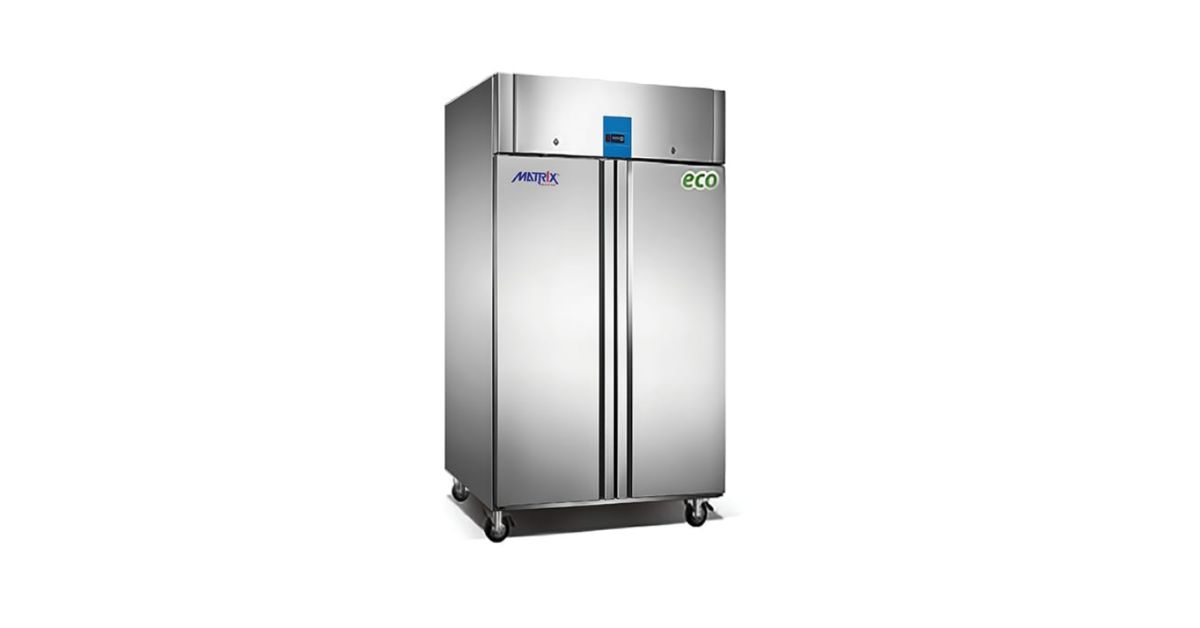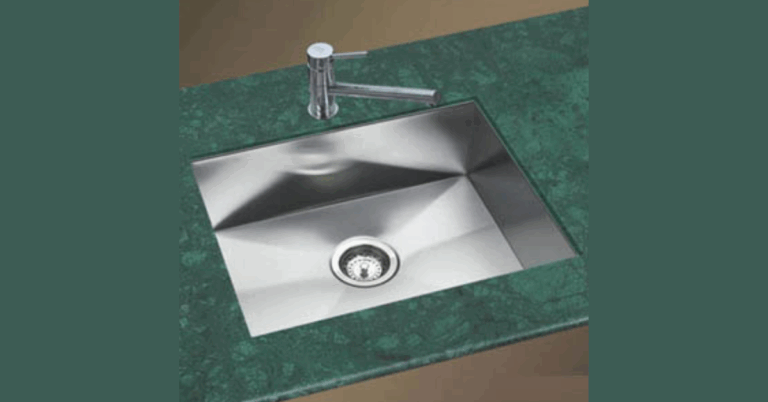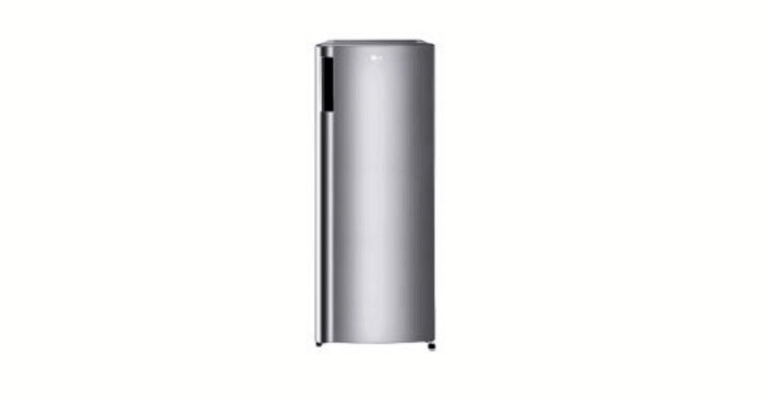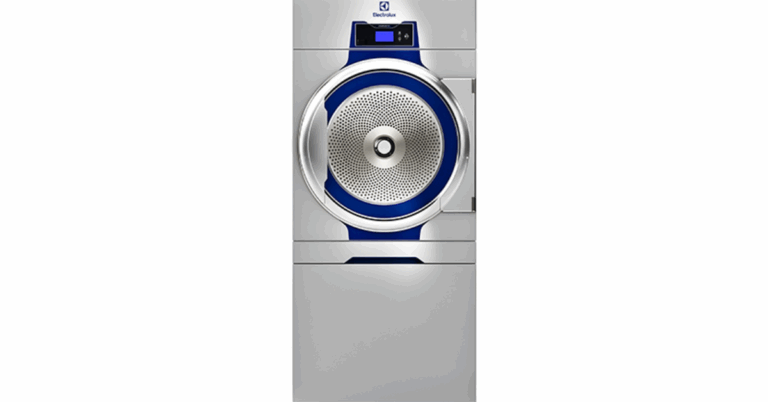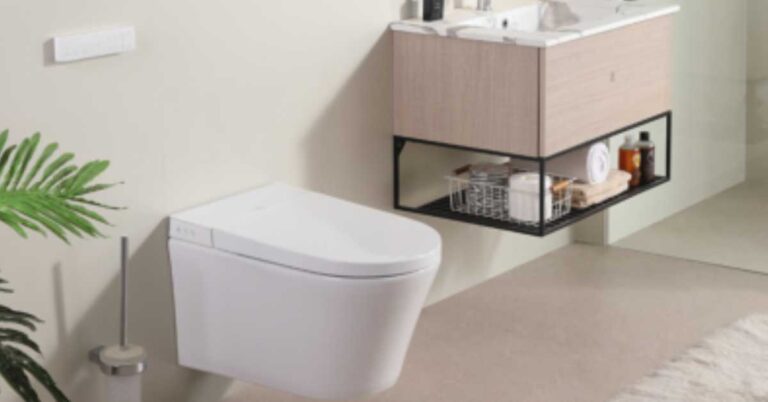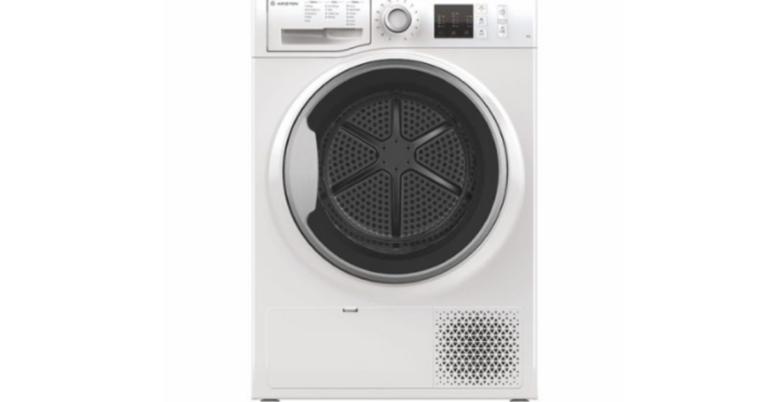Ship SS Freezer Distributor for Cruise Use – Delivering Premium Stainless Steel Cold Storage Aboard
A Ship SS Freezer Distributor For Cruise Use serves as the vital link between specialized refrigeration manufacturing and the unique demands of maritime vessels, offering stainless-steel freezer units built for the harsh conditions of life at sea. These distributors supply high-capacity, corrosion-resistant freezers designed specifically for cruise ships’ galleys, storage rooms, crew quarters and other onboard applications. Given the constant motion, salt-air exposure, high humidity and strict safety standards aboard cruising vessels, working with a distributor who understands marine HVAC/R, electrical installation, certification and logistics is essential to ensure reliable cold-chain storage.
Why Specialized SS Freezers Matter on Cruise Ships
Cruise ships are floating hospitality complexes: thousands of passengers, dozens of meal services daily, large storage needs, and the requirement for high reliability under challenging conditions. Standard commercial freezers used on land often fall short in marine contexts. In contrast, stainless steel (SS) marine freezers are built to withstand salt corrosion, frequent door cycles, vibration, power fluctuations, and tight spaces typical onboard. A distributor of such units ensures that the equipment meets marine certifications, aligns with shipboard voltage/frequency standards, supports installation/manufacture logistics and provides spare-part support. This distinguishes a true “ship SS freezer distributor for cruise use” from typical refrigeration suppliers.
Core Features of Stainless-Steel Marine Freezers
When a distributor supplies SS freezers for cruise use, several key construction and performance features are standard:
-
Marine-Grade Stainless Steel: The cabinet, interior liner and external doors are often fabricated from grade 304 or 316 stainless steel to resist salt-air corrosion and humidity.
-
Large Storage Capacity & Efficient Footprint: Designed for high-volume use bulk meal prep, provisions, desserts yet optimized for shipboard space with double doors or tall upright configurations.
-
Robust Refrigeration System: Heavy-duty compressor, thick insulation, auto-defrost systems, robust hinges and seals to endure continuous operation and motion.
-
Voltage / Frequency Compatibility: Many cruise vessels operate 220V/50-60 Hz or even 110V systems; distributors provide models matching these specs and often dual-frequency variants.
-
Locking Doors, Strong Gaskets, Tight Seals: To maintain cold chain integrity in windy gangways or port drafts and reduce energy loss.
-
Ease of Maintenance and Serviceability: Accessible condenser coils, drain lines, filters; local distributor support for marine spare parts and service.
-
Compliance & Certification: Marine-specific certifications for safety, food-service environment (HACCP), and often classification-society recognition for vessels (ABS, Lloyd’s, etc.).
These features ensure that the SS freezers will offer long service life, minimal downtime, and efficient energy use aboard ship.
Typical Applications on Cruise Vessels
A dedicated distributor of ship SS freezers will supply units to support many onboard zones:
-
Main Galley & Banquet Storage: For pre-chilled desserts, bulk frozen ingredients, catering overflow, catering services for buffets and specialty dining.
-
Crew Mess / Provision Stores: Large-capacity upright or chest freezers serving crew supply areas, reducing reliance on external resupply in remote ports.
-
Passenger Service Zones: For specialty frozen foods, desserts, ice-cream storage, minibar restocks especially in high-end suites or public lounges.
-
Back-of-House & Storage Rooms: Deep-freezer staging for cold storage of excess supplies, emergency backup, or extended voyage provisions.
-
Medical or Lab Storage: Although less common, high-integrity SS freezers may be used to store temperature-sensitive medical supplies or vaccines, when compatible.
Because these freezers are critical for cold-chain integrity, their role is foundational to guest satisfaction, health & safety compliance, and operational logistics onboard cruise ships.
The Role of the Distributor
Working with a specialized ship SS freezer distributor means more than buying a product it involves a full supply chain and support role:
-
Marine Specification Expertise: The distributor ensures that models meet marine requirements: motion/vibration tolerance, salt-air corrosion resistance, amidship installation constraints.
-
Voltage/Compliance Matching: They provide units compatible with ship’s electrical architecture, and ensure frequency/phase/load compatibility.
-
Logistics & Delivery to Shipyards: Import, freight forwarding, port handling, shipboard access and hoisting into vessel spaces are coordinated.
-
Installation Support & Documentation: Distributors often provide layout plans, certification documents, installation guidance for shipboard crews.
-
Spare Parts & Service Network: Given the global routes of cruise ships, a distributor with global parts availability or service coverage is valuable.
-
After-Sales Monitoring & Upgrades: They may offer warranty support, monitoring of performance, upgrades if refrigeration standards change or capacity needs grow.
Thus the distributor acts as partner in ensuring the SS freezers will work reliably in maritime service not just a commercial vendor.
Benefits of Using SS Freezers Supplied by a Marine Distributor
Investing in high-quality, distributor-sourced stainless-steel freezers yields multiple advantages:
-
Reliability in Harsh Conditions: Designed for constant motion, salt spray, vibrations and high-use cycles; reduces failures and maintenance.
-
Reduced Food Waste & Improved Inventory Control: A large, efficient freezer means better provisioning, fewer spoilage losses, and cost savings.
-
Energy Efficiency & Lower Operational Cost: While upfront cost is higher, optimized insulation, compressor design and minimal leakage mean lower generator/energy load.
-
Compliance with Safety and Health Standards: Marine-certified equipment assists in meeting regulatory regimes (food safety, shipboard classification, insurance).
-
Longevity & Lifecycle Value: With correct maintenance, these units last longer and deliver better return on investment than generic land-based freezers.
-
Enhanced Passenger Experience: Reliable frozen storage means quality desserts, frozen reserves, and a smooth catering operation—all contributing to guest satisfaction.
By sourcing via a specialist distributor, ship operators reduce risk, ensure suitability and align equipment with marine service demands.
Installation & Maintenance Best Practices
For a ship SS freezer to perform optimally aboard a cruise vessel, the following are key considerations:
-
Correct Placement & Ventilation: The unit should be installed in a location with adequate ventilation for the condenser, away from heat sources, allowing door clearance and safe traffic flow.
-
Secure Mounting & Anti-Vibration Measures: Given ship motion, the freezer must be secured to deck or structure and fitted with isolation mounts or brackets to minimise stress on components.
-
Power Supply and Load Management: Confirm that ship’s electrical system supports the unit’s start-up current and running load; include appropriate circuit protection and surge suppression.
-
Door Usage & Stock Rotation: High-usage doors lead to cold-air loss. Organise shelving, separate high-turnover zones near the door, and enforce “first-in, first-out” (FIFO) inventory control.
-
Cleaning & Service Schedule: Regular cleaning of door gaskets, condenser coils, drain lines, interior shelving—plus scheduled professional servicing to check refrigerant levels, seals and compressor health.
-
Temperature Monitoring & Alarm Systems: Install sensors to log temperature trends and send alerts if the freezer drifts out of safe range; vital for compliance and early fault detection.
-
Documentation & Record-Keeping: Maintain service logs, equipment certifications, repair history and inventory checklists; critical for ship audits and classification compliance.
By following these practices, the lifespan and efficiency of the SS freezer are maximised and the risk of operational disruption is minimised.
Choosing the Right SS Freezer via a Distributor
When selecting a stainless-steel marine freezer from a distributor for cruise ship use, consider these criteria:
-
Capacity & Format: Upright vs chest, single vs double door, litres vs cubic foot match to your provisioning/usage needs.
-
Material & Finish: Stainless steel grade, door insulation, gasket quality, hinge construction all affect durability onboard.
-
Cooling Performance & Set Points: Ensure the freezer can consistently reach required set-points (e.g., -18 °C or lower) under ambient conditions found onboard.
-
Electrical Specification: Confirm voltage, frequency, phase, starting current details; ship’s power system may have unique characteristics.
-
Certifications & Compliance: Marine classification society approvals, food-service certifications (HACCP), manufacturer warranty.
-
Service & Parts Support: Distributor’s global reach, spare-part inventory, service experts familiar with marine refrigeration.
-
Integration with Ship Systems: Does the unit integrate with ship-board monitoring systems, remote temperature loggers, link into BMS?
-
Cost of Ownership: Beyond initial cost consider energy efficiency, maintenance cost, expected lifespan, spares cost.
A good distributor will guide through specification, installation planning, and ship-specific adaptation to ensure the freezer meets both current and future operational needs.
Future Trends in Marine Freezer Solutions
The marine refrigeration world is evolving. Major trends that a forward-looking distributor and ship operator will anticipate include:
-
Inverter/Variable Speed Compressors: Provide more efficient operation, less wear, better adaptation to varying load conditions onboard.
-
Eco-Friendly Refrigerants: Transition to low-GWP refrigerants and compliance with maritime environmental regulations.
-
Smart Monitoring & IoT Integration: Freezers with remote monitoring, fault diagnostics, integration into ships’ data networks and predictive maintenance.
-
Modular and Scalable Systems: For larger vessels especially, modular freezer banks allow expansion, redundancy and staged installation.
-
Advanced Insulation & Door Systems: Better materials reduce thermal ingress and door open losses, lower energy use.
-
Lifecycle Service-Support Contracts: Distributors offering full lifecycle support warranty, maintenance, parts, performance guarantees — will become standard.
By working with a distributor aligned with these trends, cruise vessels stay ahead of technology, regulation and efficiency demands.
Conclusion
A ship SS freezer distributor for cruise use is more than a vendor it’s a strategic partner delivering high performance stainless steel freezers designed for the rigours of life at sea. With specialised units built for durability, corrosion resistance and constant operation, the right distributor ensures these systems integrate seamlessly into the complex infrastructure of a cruise ship. From specification and installation to service, parts support and future upgrades, the distributor’s role is critical. For vessel operators seeking reliability, food-safety compliance, energy efficiency and guest-satisfaction, partnering with a dedicated distributor of marine-grade SS freezers is an investment in operational excellence.

